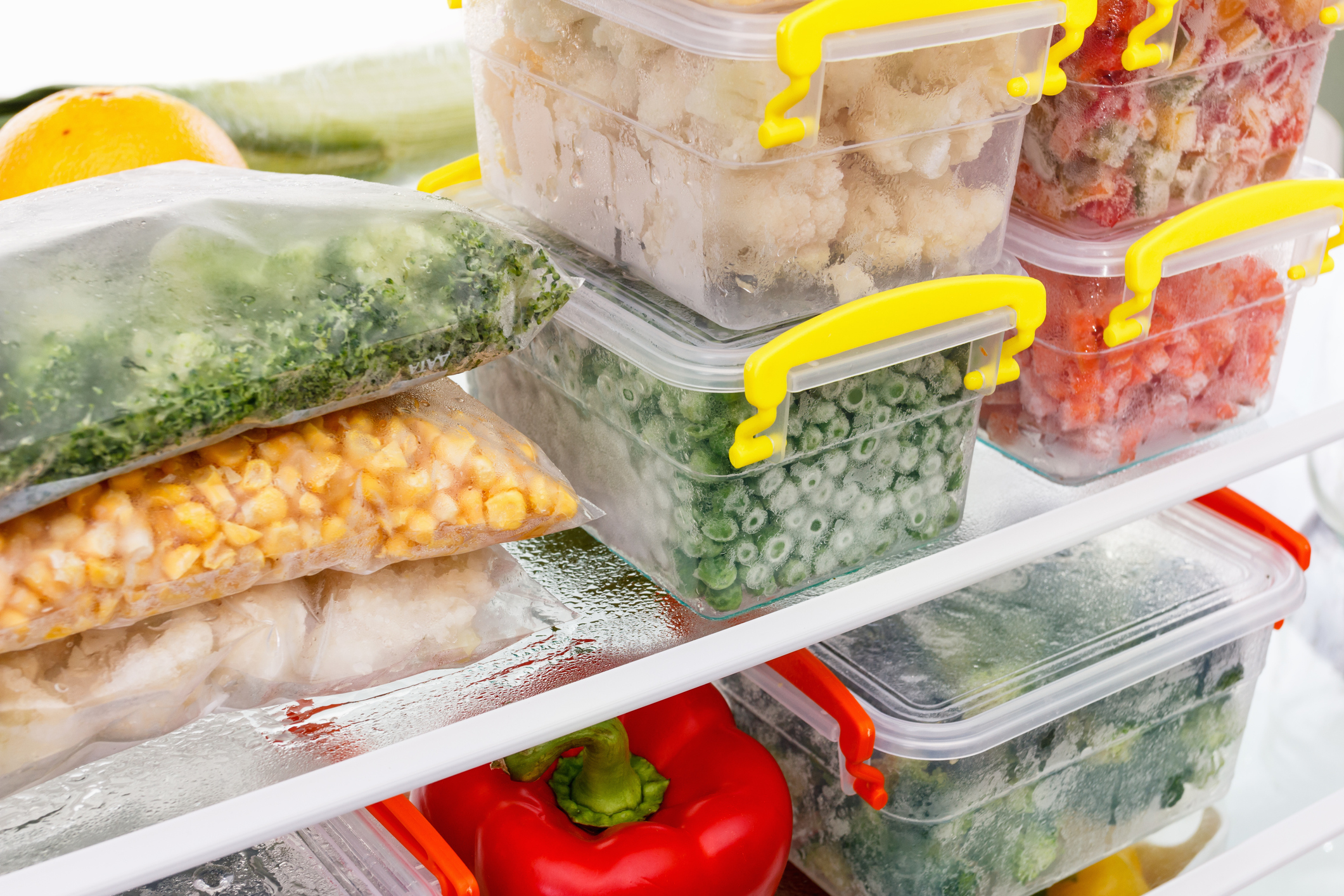Older adults trying to avoid grocery stores may be relying on friends or family to bring them food and household supplies during the COVID-10 pandemic and we are all trying to stretch our stockpile and waste as little as possible. But produce can be hard to keep fresh for long periods of time. Here are a few tips to preserve perishable items at home.
- Make a big batch of pancakes and freeze, separated by parchment
- Butter freezes well in an airtight container
- Countertop fruits should be kept separate from bananas and put in the fridge once ripe
- Peel and freeze ripe fresh fruit for later use
- Extra homemade broth or sauces can be frozen in ice cube trays
- Cooked apples or sweet potatoes can be mashed and frozen
- Nuts and nut butter will last longer stored in the fridge or freezer in airtight containers
- Stale bread can be “freshened” with a spray of water and warmed in the oven
- Roast vegetables and store in the fridge for extra life
- Chop herbs and mix with olive oil to freeze in ice cube trays
Source: Dr. Wendy Bazilian for Live with Kelly and Ryan
The United States Department of Homeland Security recommends that households keep at least a two-week supply of water and food during an outbreak. Staples like potatoes and onions can be stored for several weeks, even longer if kept in a cool, dry, dark place, but not together because both with spoil faster. Peanuts, thick-skinned squash and apples are also good choices for longevity. Canned fruits and vegetables, dried pasta, beef jerky, peanut butter, tinned or vacuum pouched tuna, dried beans, rice and honey can last for years on the shelf. But be careful not to purchase dented or swollen canned goods which may harbor bacteria.
Refrigerated foods will last longer if stored below 40 degrees Fahrenheit. Moisture is the enemy of freshness, so be sure to store produce in containers with a paper towel to absorb any excess water after rinsing and drying. Plastic produce bags should be pierced to allow air circulation.
Meat and milk can be frozen and lunch meat should be used within three to five days. Raw bacon will last up to one week in the fridge but ground meat should be used within one to two days. Other cuts like steaks, chops, roasts or ham can last up to five days in the fridge according to the U.S. Government’s Food Safety website. Fish should be cooked the same day it is purchased.
Berries will last longer if washed with vinegar and water to kill any bacteria that can lead to mold growth and spoilage. Once dry, they can be placed in a paper towel-lined container in the crisper drawer.
Eggs and dairy are best stored at the back of the fridge (not in the door) where it’s coolest. Remember, a fresh egg will sink but if it floats, it’s time to toss it. Cheese will last longer if removed from its plastic, which can hold moisture and placed in waxed paper, parchment or a reusable waxed cotton food wrap.
Learn more about storing food to keep it fresh longer by following this link to Refinery29.






Add Your Voice
0 Comments
Join the Discussion